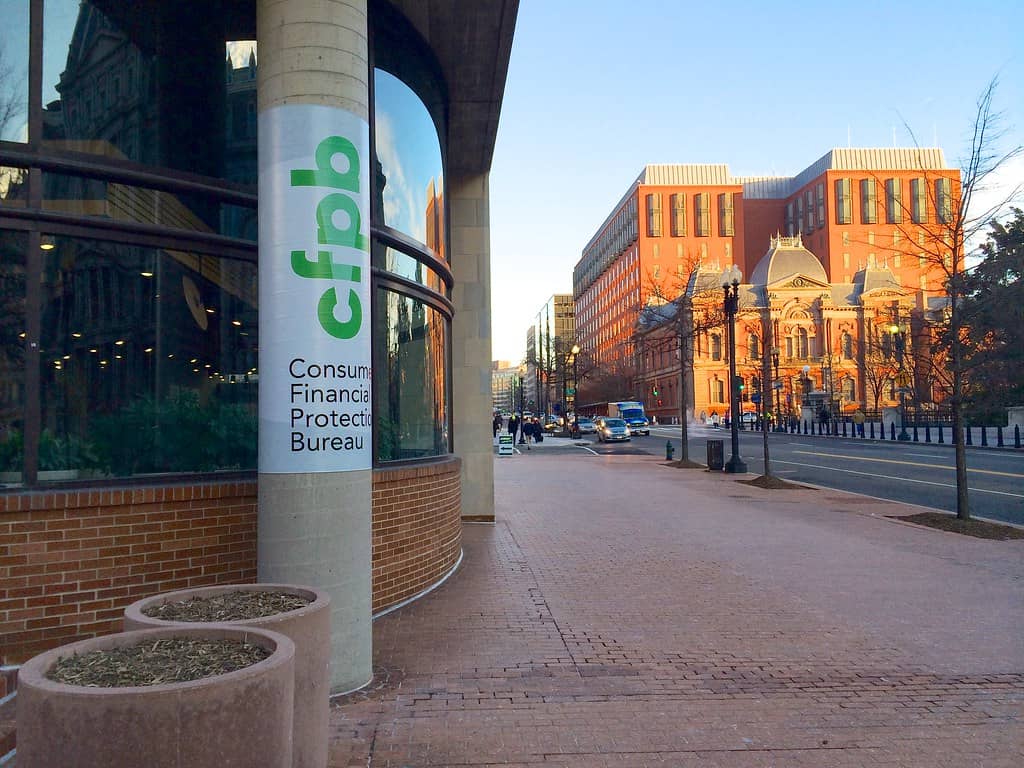We shared recently a decision by a federal court judge in Utah who found that Progrexion, CreditRepair.com, and Lexington Law violated the Telemarketing Sales Rule by charging advance fees to its customers between $89.85 to $129.95. The Court saved a damage award for another day. Since violations can be as much as $50,000 per violation, the damages can be significant.
Following the judge’s decision in March 2023, the defendants filed a notice of appeal to the 10th Circuit and asked the judge for a say saying that “absent a stay, the…order strands defendants between the Scylla of potential multi-billion dollar enhanced penalties and the Charybdis of insolvency and dissolution,” this being a reference to Odysseus in Homer’s “The Odyssey.” The order, the defendants said, is “injunctive in practical effect” noting that the companies may be on the hook for penalties that could reach $1.3m per defendant, per day, and they could be held in contempt if they continue “receiving or requesting” money from its customers.
These riches are possessed, but not enjoyed!
In May 2019, the CFPB filed suit in federal court in Utah against “…Progrexion Marketing Inc…and CreditRepair.com Inc.; and against John C. Heath, Attorney at Law PLLC, which does business as Lexington Law.” In March 2023, District Court Judge, Judge Bruce S. Jenkins, granted the Bureau’s motion for summary judgment on count I, finding that the defendants, in charging advance fees to consumers, violated the Telemarketing Sales Rule. The remaining four counts proceed.
The complaint alleged that “Progrexion’s marketing affiliates have used deceptive, bait advertising to generate referrals to Lexington Law’s credit repair service.” The Bureau cited places where one of the defendants’ affiliates provided a “guarantee” that its credit repair services would allow its customers to obtain a home loan with an annual percentage rate below 3.5%. The Bureau also alleged that consumers who subscribed to the credit repair services were charged upfront and monthly after that, when these “fees can only be collected after a certain time period has elapsed and it has been demonstrated that the promised results have been achieved” under federal law.
In ruling in favor of the CFPB, the judge wrote that the “month[ly] bills violate the express language of the advance-[fee] provision,” and that he was unmoved by the defendant’s “creative” argument that the defendants do not have to comply with the advance fee restrictions because they do not promise any specific results.
Case: CFPB v. Progrexion Marketing, U.S. Dist. Ct. (D. Utah), No. 2:19-cv-00298; U.S.C.A. (10th Cir.), No. 23-4032.

Eric J. Ellman is Senior Vice President for Public Policy and Legal Affairs at the Consumer Data Industry Association (CDIA) in Washington, DC. He also served for eight months as Interim President and CEO of the Association. More
